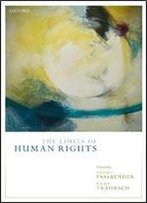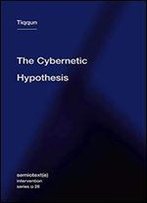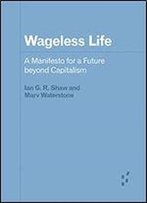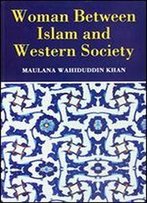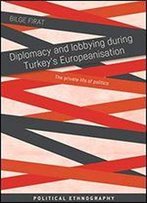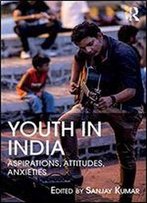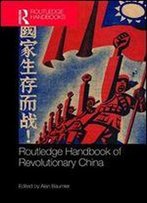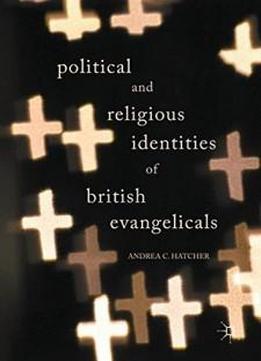
Political And Religious Identities Of British Evangelicals
by Andrea C. Hatcher /
2017 / English / PDF
6.4 MB Download
This book examines the paradoxical relationship between the
religious and political behaviors of American and British
Evangelicals, who exhibit nearly identical religious canon and
practice, but sharply divergent political beliefs and action.
Relying on interviews with British religious and political elites
(journalists, MPs, activists, clergy) as well as focus groups in
ten Evangelical congregations, this study reveals that British
Evangelicals, unlike their American counterparts known for their
extensive involvement in party politics, have no discernible
ideological or partisan orientation, choosing to pursue their
political interests through civic or social organizations rather
than electoral influence. It goes further to show that many British
Evangelicals shun the label itself for its negative political
connotations and in-/out-group sensibility, and choose to focus on
a broader social justice imperative rendered almost incoherent by a
lack of group identity. Placing itself at the forefront of an
incipient but growing segment of comparative research into the
intersectionality of religion and politics, the work satisfies a
lacuna of how the same religious tradition can act differently in
public squares contextualized by political and cultural variables.
This book examines the paradoxical relationship between the
religious and political behaviors of American and British
Evangelicals, who exhibit nearly identical religious canon and
practice, but sharply divergent political beliefs and action.
Relying on interviews with British religious and political elites
(journalists, MPs, activists, clergy) as well as focus groups in
ten Evangelical congregations, this study reveals that British
Evangelicals, unlike their American counterparts known for their
extensive involvement in party politics, have no discernible
ideological or partisan orientation, choosing to pursue their
political interests through civic or social organizations rather
than electoral influence. It goes further to show that many British
Evangelicals shun the label itself for its negative political
connotations and in-/out-group sensibility, and choose to focus on
a broader social justice imperative rendered almost incoherent by a
lack of group identity. Placing itself at the forefront of an
incipient but growing segment of comparative research into the
intersectionality of religion and politics, the work satisfies a
lacuna of how the same religious tradition can act differently in
public squares contextualized by political and cultural variables.
